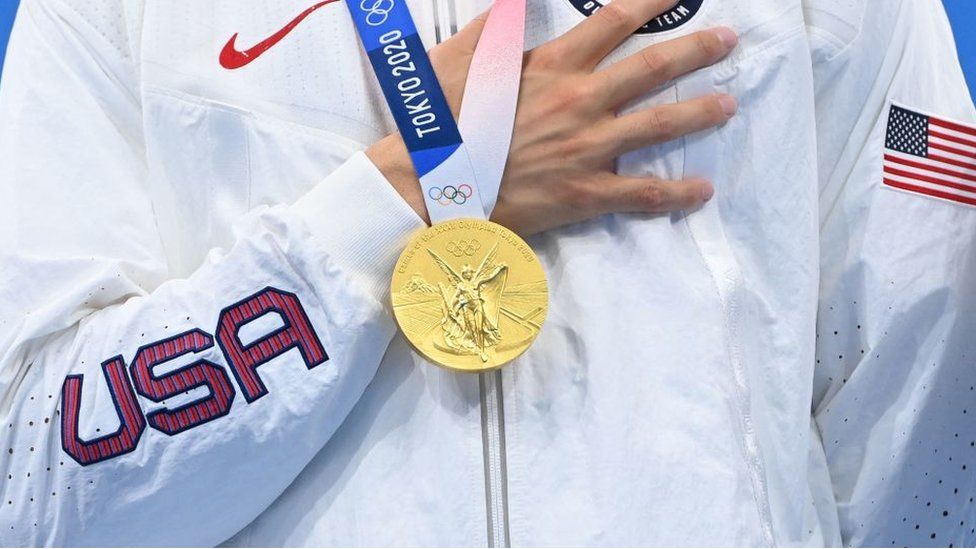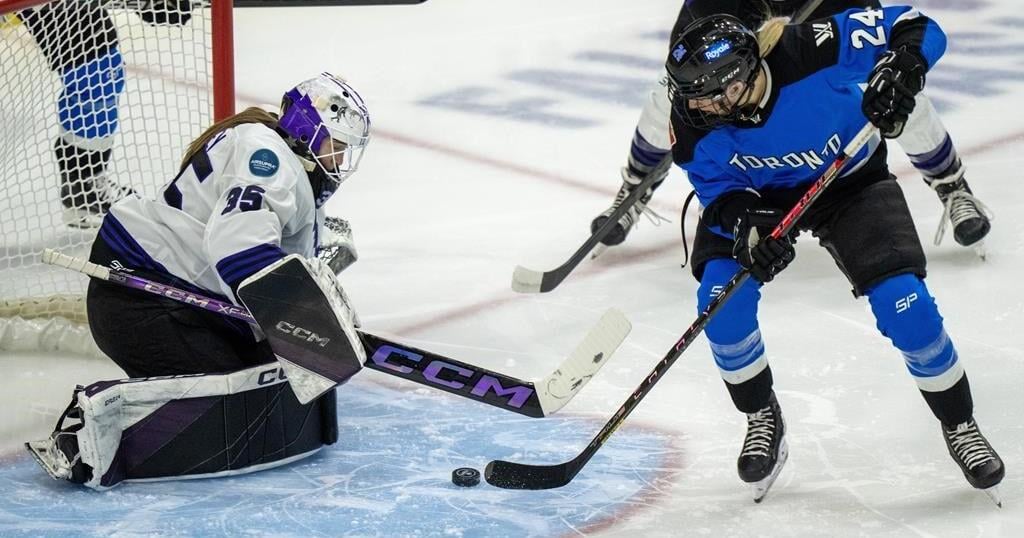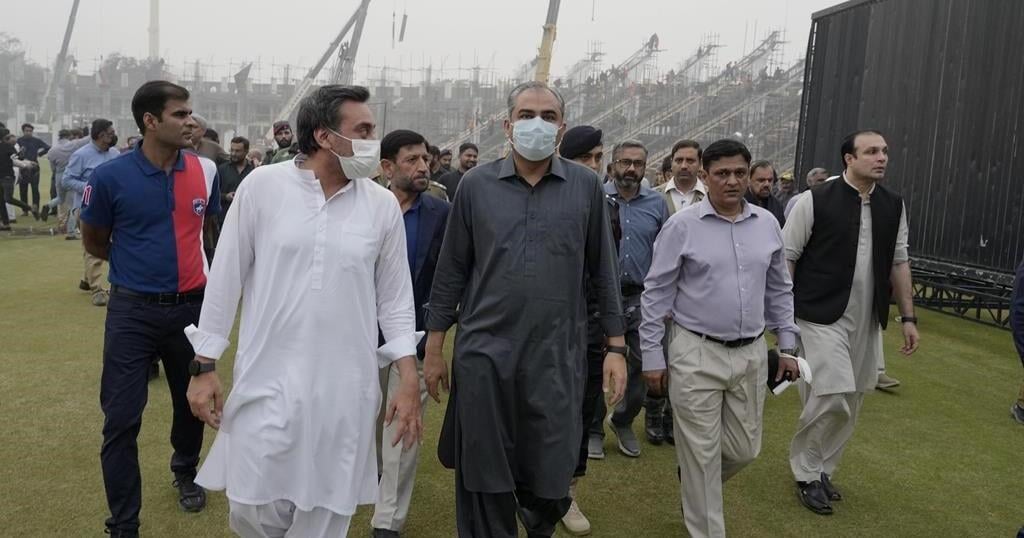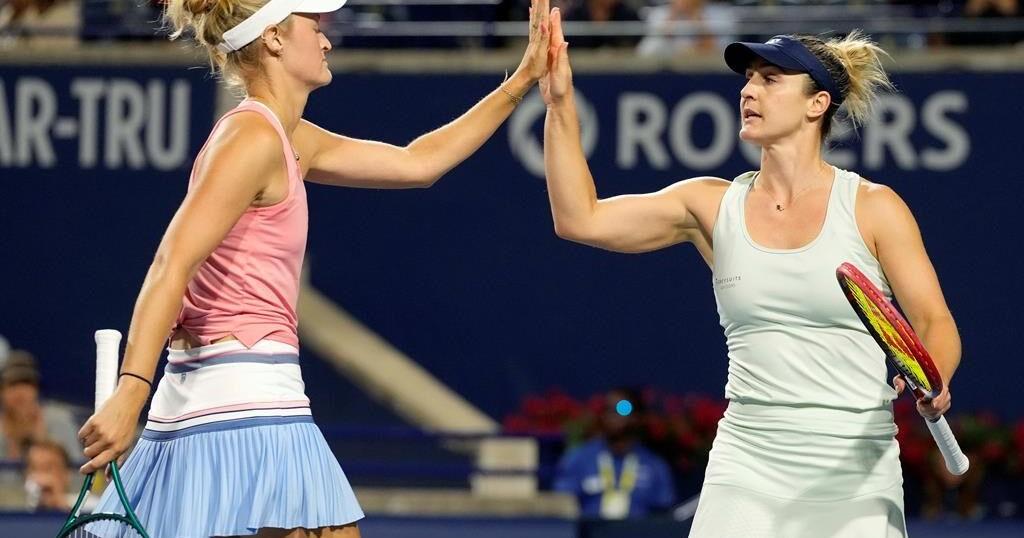LAHORE, Pakistan (AP) — A top official of the Pakistan Cricket Board declined Friday to confirm media reports that India has decided against playing any games in host Pakistan during next year’s Champions Trophy.
“My view is if there’s any problems, they (India) should tell us in writing,” PCB chairman Mohsin Naqvi told reporters in Lahore. “I’ll share that with the media as well as with the government as soon as I get such a letter.”
Indian media reported Friday that the Board of Control for Cricket in India (BCCI) has communicated its concerns to all the Champions Trophy stakeholders, including the PCB, over the Feb. 19-March 9 tournament and would not play in arch-rival Pakistan.
The Times of India said that “Dubai is a strong candidate to host the fixtures involving the Men in Blue” for the 50-over tournament.
Such a solution would see Pakistan having to travel to a neutral venue to play India in a group match, with another potential meeting later in the tournament if both teams advanced from their group. The final is scheduled for March 9 in Pakistan with the specific venue not yet decided.
“Our stance is clear,” Naqvi said. “They need to give us in writing any objections they may have. Until now, no discussion of the hybrid model has happened, nor are we prepared to accept one.”
Pakistan hosted last year’s Asia Cup but all India games were played in Sri Lanka under a hybrid model for the tournament. Only months later Pakistan did travel to India for the 50-over World Cup.
Political tensions have stopped bilateral cricket between the two nations since 2008 and they have competed in only multi-nation tournaments, including ICC World Cups.
“Cricket should be free of politics,” Naqvi said. “Any sport should not be entangled with politics. Our preparations for the Champions Trophy will continue unabated, and this will be a successful event.”
The PCB has already spent millions of dollars on the upgrade of stadiums in Karachi, Lahore and Rawalpindi which are due to host 15 Champions Trophy games. Naqvi hoped all the three stadiums will be ready over the next two months.
“Almost every country wants the Champions Trophy to be played here (in Pakistan),” Naqvi said. “I don’t think anyone should make this a political matter, and I don’t expect they will. I expect the tournament will be held at the home of the official hosts.”
Eight countries – Pakistan, India, Bangladesh, England, Australia, South Africa, New Zealand and Afghanistan – are due to compete in the tournament, the schedule of which is yet to be announced by the International Cricket Council.
“Normally the ICC announces the schedule of any major tournament 100 days before the event, and I hope they will announce it very soon,” Naqvi said.
___
AP cricket:


























